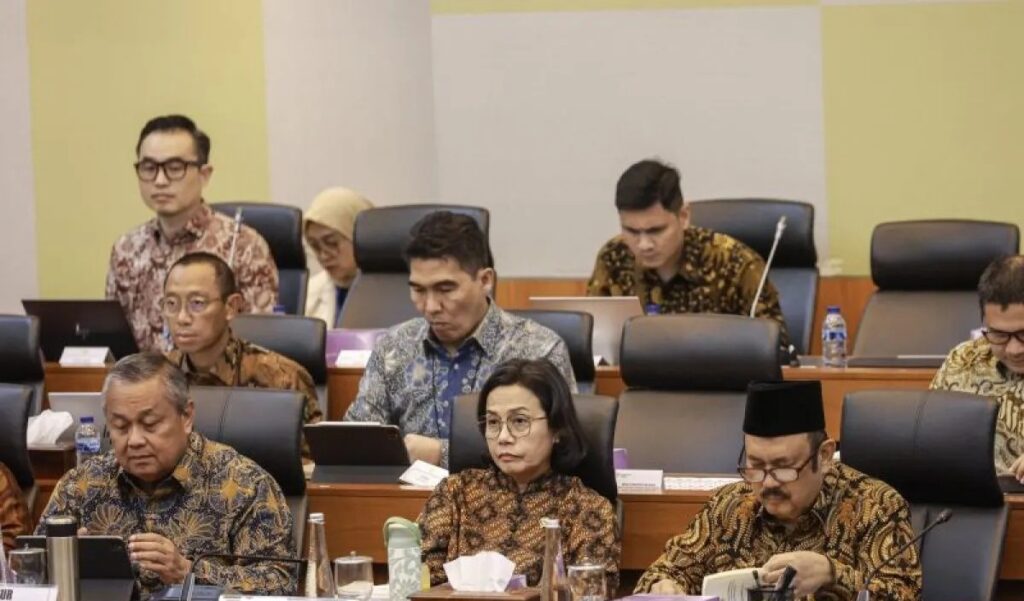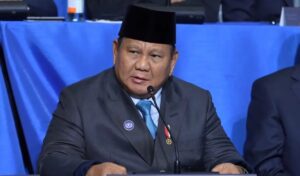Indonesia’s 2026 Draft State Budget Accounts for U.S. Import Tariff Impact, Projects Stronger Economic Growth

Jakarta, The Gulf Observer: Indonesia’s Ministry of Finance confirmed on Thursday that the Draft State Budget (RAPBN) for the 2026 fiscal year has taken into account the recently imposed 19-percent import tariff by the United States on goods from Indonesia.
“Yes, it has been taken into account. During our discussions — including those with the House of Representatives (DPR) — we certainly considered both global and domestic developments,” stated Febrio Kacaribu, Director General of Economic and Fiscal Policy at the Finance Ministry.
Kacaribu emphasized the government’s commitment to a comprehensive and adaptive fiscal planning process, noting that various global risks, including trade developments, are key considerations in the budget formulation. He also remarked that recent trade negotiations have positively influenced Indonesia’s domestic manufacturing sector.
Indonesia’s economic growth, previously projected to slow to around 4.7 percent, is now expected to rebound above 5 percent in the second half of 2025, driven by improving trade conditions and domestic policy support.
The United States’ tariff policy follows a broader trade agreement between Jakarta and Washington, reached after high-level negotiations between Indonesian President Prabowo Subianto and U.S. President Donald Trump. According to Coordinating Minister for Economic Affairs Airlangga Hartarto, the agreement is “binding and final” and signifies a major step forward in Indonesia–U.S. economic relations.
As part of the RAPBN 2026 framework, the government and the DPR have agreed on the following key macroeconomic assumptions:
- Economic growth: 5.2–5.8 percent
- Inflation rate: 1.5–3.5 percent
- Exchange rate: Rp16,500–16,900 per US dollar
- 10-year government bond (SBN) yield: 6.6–7.2 percent
- Indonesia Crude Price (ICP): US$60–80 per barrel
- Crude oil lifting: 605,000–620,000 barrels per day (bpd)
- Natural gas lifting: 953,000–1.017 million barrels of oil equivalent per day (boepd)
The discussions surrounding the RAPBN and the Government Work Plan (RKP) will serve as the foundation for the final formulation of the 2026 State Budget, reflecting Indonesia’s resilience amid global economic headwinds and its commitment to sustainable and inclusive growth.


